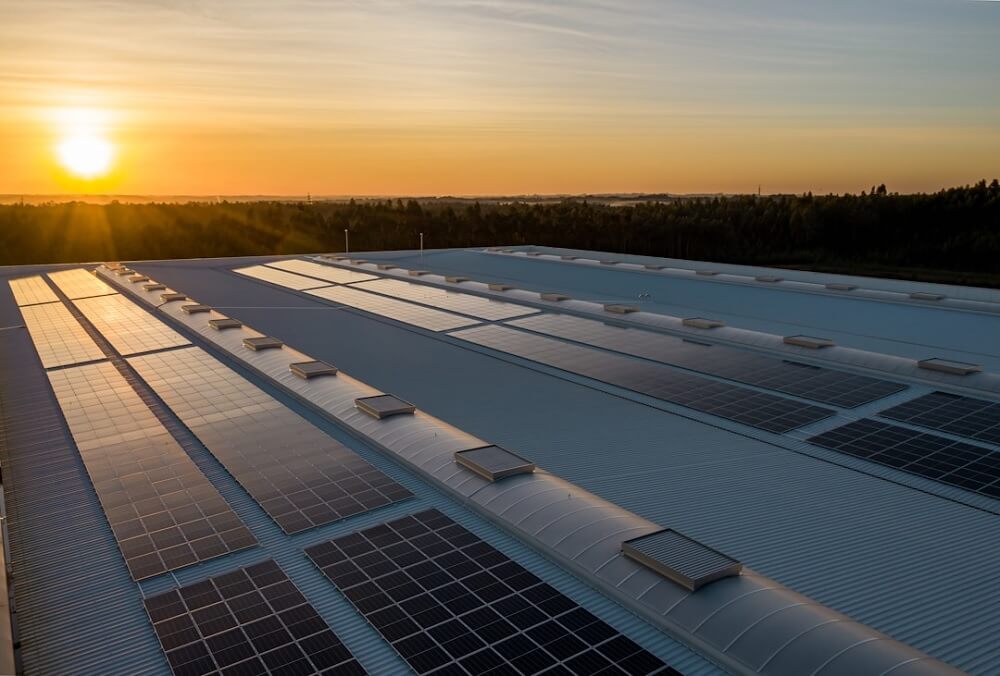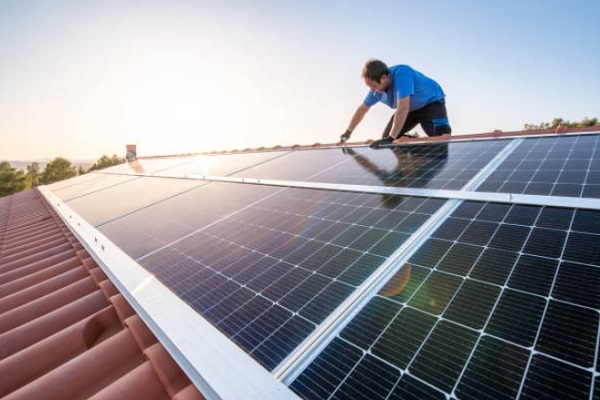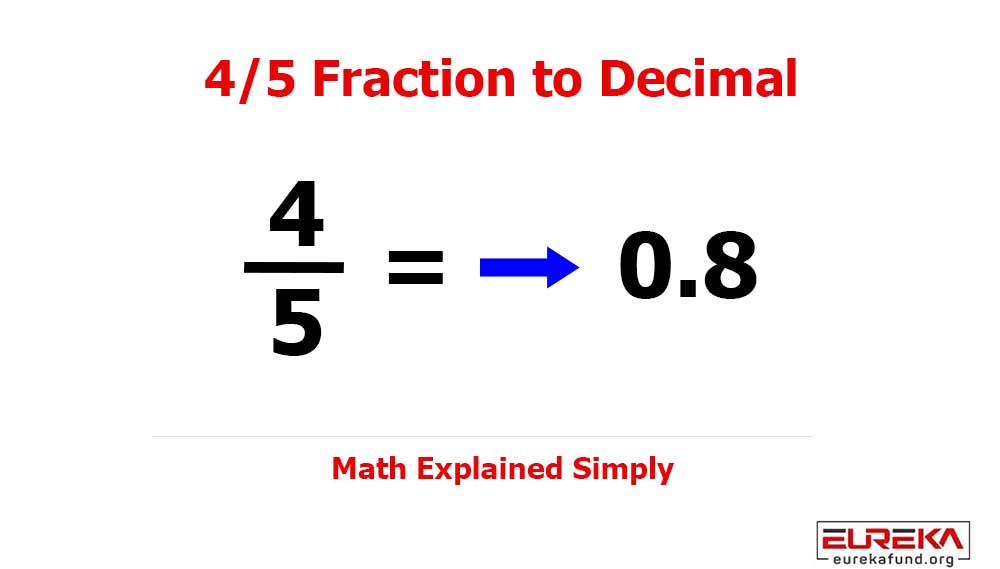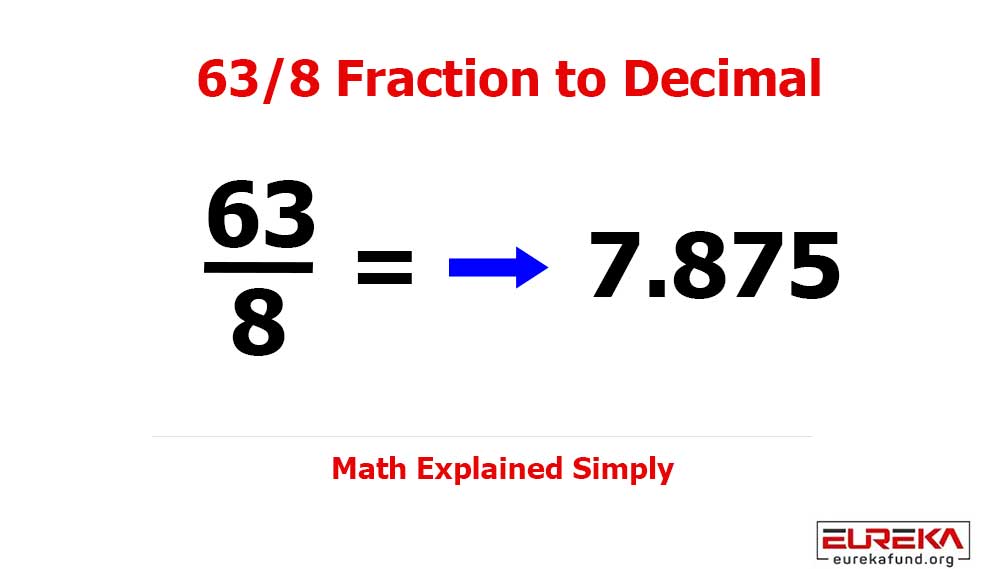The advent of artificial intelligence (AI) in the solar industry is a breakthrough that promises to usher in a new era of efficiency and personalization. From automating mundane tasks to analyzing vast amounts of data, AI is equipping solar energy companies with the tools necessary for crafting tailor-made solar solutions that cater to the specific needs of each customer. With the integration of AI, the sector is not only accelerating the transition to renewable energy but also reinventing how solar products are marketed and sold. In this article, we explore the multifaceted ways AI is fueling this transformation.
How AI is Transforming Solar Sales with Customized Energy Solutions
AI is changing the way companies sell solar by delivering fast, personalized energy solutions. It processes customer data, rooftop layouts, and energy usage to create accurate proposals tailored to each property. This improves efficiency, reduces costs, and enhances the overall customer experience from the beginning.
AI keeps systems optimized over time by tracking performance and responding to environmental changes. It also handles complex legal and regulatory requirements by analyzing local rules and incentives. This technology allows even smaller businesses to compete with larger ones, making it easier than ever to sell solar AI with precision and speed.
The Power of Big Data in Crafting Personalized Solar Proposals
Big data drives AI’s ability to create highly personalized solar energy proposals by analyzing datasets such as weather patterns, electricity rates, and regional solar irradiance. This enables AI to deliver solutions tailored to each customer’s needs. The technology also supports predictive analytics, helping solar professionals anticipate future energy demands and design scalable systems.
AI taps into detailed sources like GIS data, city planning documents, and individual property specs to produce layouts that are both efficient and visually appealing. Financially, AI models assess utility rates and incentive programs to present customers with data-backed projections of savings and ROI, enhancing the value and appeal of solar investments.
AI-Driven Analytics: A Game Changer for Solar Energy Market Predictions

AI is revolutionizing solar energy sales by enabling accurate market predictions and data-driven strategies. Through advanced analytics, solar companies can anticipate market trends, adapt sales tactics, and maintain a competitive edge. AI tools monitor competitors’ pricing and innovations, helping businesses respond quickly to industry shifts.
Geospatial mapping and demographic analysis identify high-potential regions, allowing targeted and efficient outreach. By replacing guesswork with precision, AI enhances sales forecasting, guiding decisions in inventory, marketing, and resource allocation. This shift from reactive to proactive strategy empowers solar companies to operate with greater accuracy and confidence, using historical and real-time data to make informed business choices and capture market opportunities.
Enhancing Customer Engagement Through AI-Powered Solar Sales Tools
AI enhances customer engagement in solar sales by powering chatbots and virtual assistants that offer 24/7 support, answering questions and guiding users through the buying process. AI-driven CRM systems help sales teams personalize interactions by analyzing customer data such as energy usage and preferences. This tailored approach strengthens satisfaction and loyalty.
During client meetings, AI equips sales reps with real-time data to deliver persuasive, informed responses, improving trust and communication. Beyond initial sales, AI maintains relationships through automated follow-ups, promoting repeat business and referrals. These technologies streamline interactions, support sales strategies, and help solar companies foster deeper connections with their customer base.
The Future of Solar Sales: Integrating AI for Efficiency and Scalability
AI is transforming solar sales by enabling more efficient, scalable business models and redefining customer engagement. As the technology advances, it is expected to handle complex tasks such as designing next-generation solar products and shaping global sales strategies. AI-driven automation helps sales teams manage more clients without compromising service quality, making expansion into new markets more feasible.
The potential for innovation includes subscription-based solar services and peer-to-peer energy trading platforms powered by AI. These emerging models highlight the adaptability of the solar industry. AI also optimizes solar panel placement and performance, reducing environmental impact while enhancing energy output, aligning business efficiency with global sustainability goals.
Overall, the integration of AI into solar sales represents a significant leap forward in both business efficiency and technological innovation. By personalizing the customer experience, harnessing big data, and refining market predictions, AI empowers solar companies to scale up operations and serve a growing demand for clean energy. As we witness the continued evolution of AI, the solar industry is set to reach new heights of success and sustainability.




